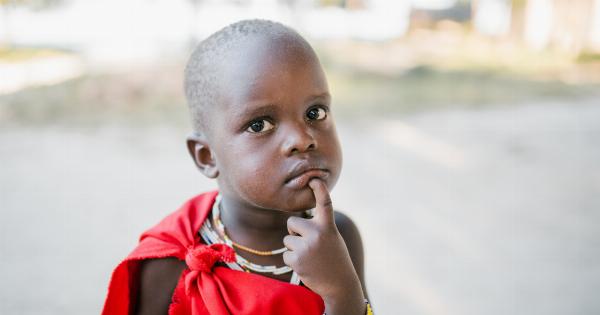Bullying is a serious issue that affects many children, and it is essential for parents to be able to recognize the signs of bullying in their child.
Bullying can have long-lasting effects on a child’s mental, emotional, and physical well-being, so early detection and intervention are crucial. In this article, we will discuss ten common signs that may indicate your child is being bullied.
1. Unexplained Injuries
If your child frequently comes home with unexplained injuries, such as bruises, cuts, or scrapes, it could be a sign that they are being physically bullied. While accidents can happen, repeated unexplained injuries should raise concerns.
2. Withdrawal and Isolation
Bullying often causes children to withdraw from social activities and friendships. If your child suddenly starts to isolate themselves or avoids situations that they used to enjoy, it may be a sign that they are being bullied.
Keep an eye out for any drastic changes in their behavior.
3. Fear or Reluctance to Attend School
A child who is being bullied may frequently complain of vague illnesses or make excuses to avoid going to school. They may also exhibit fear or anxiety about attending school.
If your child consistently demonstrates resistance towards school, it could be a sign of bullying.
4. Sudden Loss of Interest in Hobbies or Activities
If your child abruptly loses interest in activities or hobbies they previously enjoyed, it may be a sign that they are being bullied. Bullying can drain a child’s self-esteem and make them doubt their abilities or interests.
5. Changes in Eating Habits
Bullying can cause significant emotional distress, which may manifest in changes in your child’s eating habits. They may begin overeating or, on the contrary, lose their appetite entirely.
Pay attention to any drastic changes in their eating patterns.
6. Sleep Disturbances
Anxiety and stress caused by bullying can have a profound effect on a child’s sleep patterns.
If your child experiences difficulty falling asleep, has frequent nightmares, or exhibits insomnia, it could be a sign that they are dealing with bullying.
7. Decreased Academic Performance
Bullying affects not only a child’s well-being but also their ability to concentrate and perform in school.
If your child’s grades suddenly drop or they struggle with coursework for no apparent reason, it may be worth investigating if bullying is the underlying cause.
8. Increased Aggression or Anger
As a response to being bullied, some children may display heightened aggression or anger. They might lash out at siblings, peers, or even you as their parent.
If your child’s behavior becomes noticeably more aggressive, it could be an indicator of bullying.
9. Low Self-Esteem and Self-Confidence
Bullying can erode a child’s self-esteem and self-confidence over time. Pay attention to any signs of low self-worth, constant self-criticism, or a lack of belief in their abilities. These can all indicate that your child is being bullied.
10. Reluctance to Discuss Problems
If your child is being bullied, they may be hesitant to open up about their experiences. They may fear reprisal or worry about burdening you with their problems.
If your child consistently avoids discussing problems or becomes uncharacteristically secretive, it could be a sign that they are being bullied.































